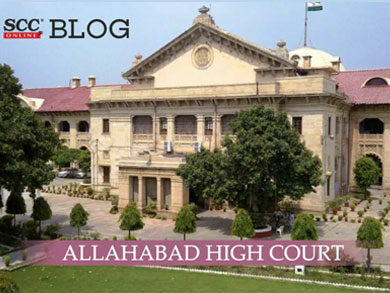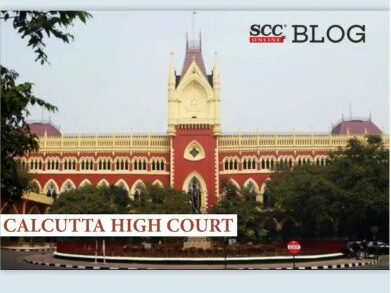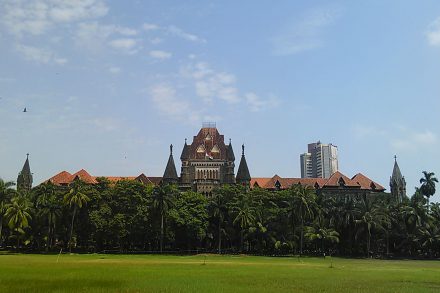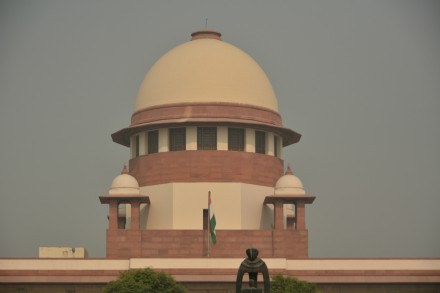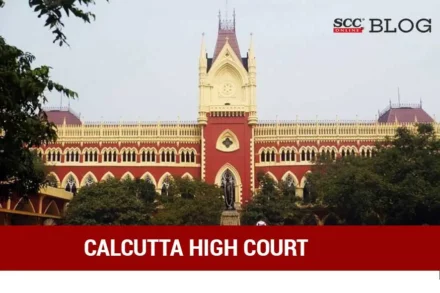
“State has forgotten its feminist roots”; Calcutta High Court enhances compensation in Acid Attack case; calls for compliance with Supreme Court directives
Supreme Court had previously directed states to ensure a minimum compensation of Rs. 3 lakhs for acid attack victims. However, the Calcutta High Court acknowledged the need for higher compensation due to the severe physical, economic, social, and psychological ramifications.



